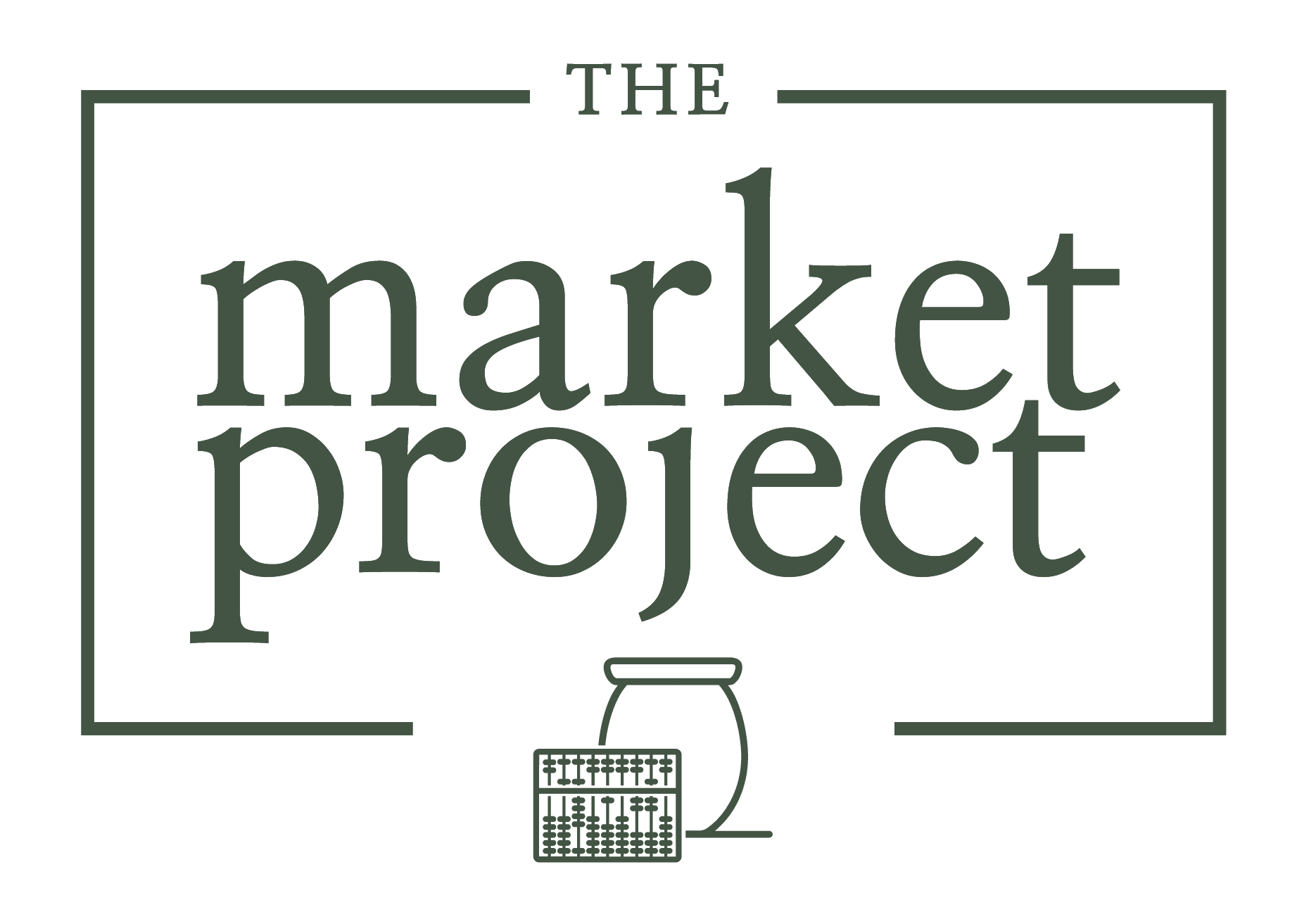The Dignity of Work

Work is a vital part of maintaining and developing our common humanity. We work out of regard for others – not only to benefit our families, but also to benefit the society, the country, and the whole human family to which we belong. We are beneficiaries of the work of generations before us, and through our labors, we also share in building the future of those who will come after us.[1]
There is also inherent dignity in work. Through work, we not only transform our environs and adapt it to meet our needs; we also obtain a sense of fulfillment as a human being. Work “is not only good in the sense that it is useful or something to enjoy; it is also good as being something worthy, that is to say, something that corresponds to man’s dignity, that expresses this dignity and increases it.”[2] Conversely, without work, we feel adrift, question our abilities and sense of worth, and fear for our future. Men or women have no means of providing for themselves or their families.
One of the world’s greatest crises and challenges today is that almost half the world’s young people are unemployed. Nearly 1 in 3 young people world-wide are not in education, employment or training.[3]
Young people impacted by trauma are further disadvantaged in their quest for employment. Traumas such as childhood abuse and neglect, abandonment, violent relationships, trafficking, or kidnapping, leave individuals scarred and often isolated. Men, women, boys and girls who have experienced ongoing or complex trauma are likely to view the world and other people as unsafe and not to be trusted. This lack of trust and a need to be constantly on guard for danger can make it difficult for individuals to ask for help, form constructive relationships or hold down a job.
A stable job is often the critical missing link in a person’s trauma healing journey. At The Market Project (TMP), we leverage the power of the marketplace and a deep understanding about the impact of trauma to help men and women who have experienced complex trauma, exploitation, and human trafficking find hope and flourish. By operating market-based businesses, offering trauma healing programs, and partnering with local aftercare organizations, TMP builds healing workplaces.
Uganda: Still Conflict-Affected and Fragile
Northern Uganda’s people even now have immense physical, social, emotional and spiritual needs stemming from the country’s 20-year war with the Lord’s Resistance Army. At least two generations have experienced deep pain and relate to others out of that place of pain. And Uganda remains one of the world’s poorest countries. A recent report assessing the current risk for mass atrocities in Uganda published by the Stimson Center[4] examined community-level understandings of peace and conflict indicators in the northern Ugandan West Nile region. The report states,
“the lack of governmental and society support in the post-conflict reconstruction period has left many men in the region without economic prospects, while all the cultural pressures remain regarding maintaining a career and supporting a family. Issues of frustration and unemployment are further augmented by a large “youth bubble.” The approximately 32 million Ugandans between the ages of 15 and 35 constitute 78 percent of the total population. Of these, 1.2 million are considered idle or unemployed, and the number is rising.[5]”
The report further observes,
“High unemployment was noted repeatedly by respondents and is a well-known risk factor for mass atrocity. Unemployment can be both the cause and result of an abundance of related issues, including low or no education access, poverty, drug abuse and alcoholism, domestic violence, urbanization, and local refugee and flows of internally displaced persons.[6]”
Life-Changing Jobs for Youth in Northern Uganda
In Uganda, TMP is creating life-changing jobs for youth, particularly those impacted by trauma. The Market Project’s business in northern Uganda is Nguvu Dairy. Nguvu (meaning “energy” or “strength” in Swahili) typically employs vulnerable working-age youth, the chronically poor, and survivors of abuse, exploitation, and human trafficking. Based on the latest survey of those working at Nguvu, 62% of employees have experienced three or more traumatic experiences from physical or sexual violence, exposure to war, and domestic violence. Almost half (49%) have education only through the primary level, and 24% are at risk of being trafficked.[7]
Nguvu Dairy produces, distributes, and sells yogurt, employing many in the local at-risk population while creating an excellent, affordable product. The community at large is positively impacted by job creation, a healthy and, for many customers, otherwise unavailable product, and trauma healing.
The company provides training at all levels to help employees succeed and thrive. On-the-job training is required for each salesperson and production worker who typically come to the job with little formal work experience. Employees also learn new task-specific, vocational skills within the business. Managers receive training in areas relevant to their responsibilities in sales, financial management and human resources, and are mentored by experienced business coaches. Managers and supervisors also are trained, mentored and equipped to understand the impact of trauma and employee rights under Ugandan law. As Nguvu managers are coached on how to adopt trauma-informed leadership practices, Nguvu, as a company, matures in its trauma-informed management approach. Finally, every Nguvu employee is given the opportunity to participate in ongoing trauma healing programs.
The Gift of Dignity
Youth are our future – as parents, citizens, leaders, and stewards of our planet. Through its dairy business in Uganda, The Market Project offers vulnerable young men and women the gift of dignity – a stable job in a supportive workplace. Your partnership in this effort will offer survivors of complex trauma, exploitation, and human trafficking the opportunity to find hope and flourish through safe, stable, dignity-affirming work. Your support will make it possible for them to transform their communities, find fulfillment in a job well done and enjoy the dignity of work.
[1] On Human Work, Laborem Exercens, #16.
[2] John Paul II, Laborem Exercens dated 14 September, 1989, para. 9: Work and Personal Dignity.
[3] Solutions for Youth Employment – https://www.s4ye.org/challenge.
[4] Risk of Mass Atrocities in Uganda,” Emily Sample, Atrocity Prevention Study Group, The Stimson Center, October 2021.
[5] Ibid, page 14; Betty Amamukirori and Apollo Mubiru, “1.2 Million Ugandan Youth Idle: Population Report,” New Vision. November 1, 2018, online edition, http://www.newvision.co.ug.
[6] Ibid, page 15.
[7] TMP defines “at-risk” as having met five or more criteria including having experienced sexual or physical assault, witnessed suicide or homicide, lacking family and friend support, and being very poor.
Stay up to date on our impact
Join our email newsletter to hear stories of our work.
